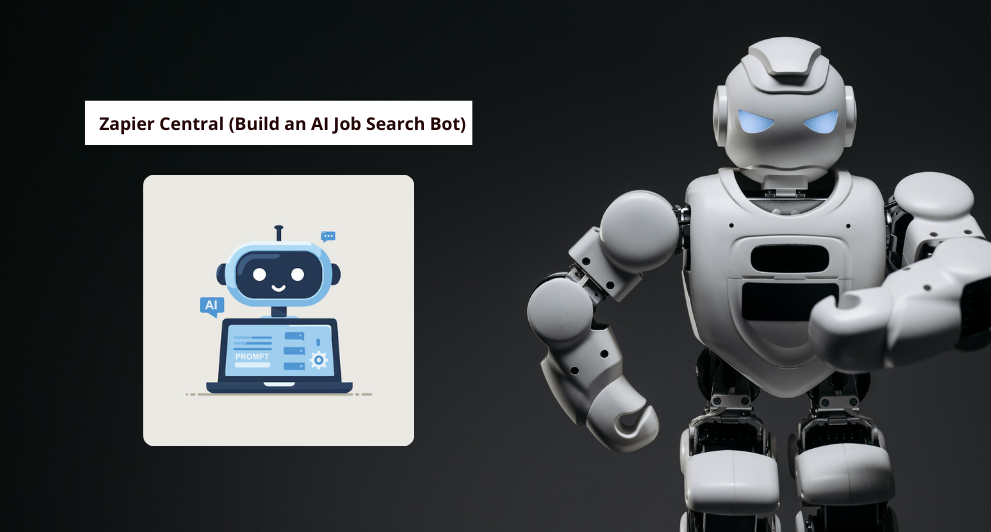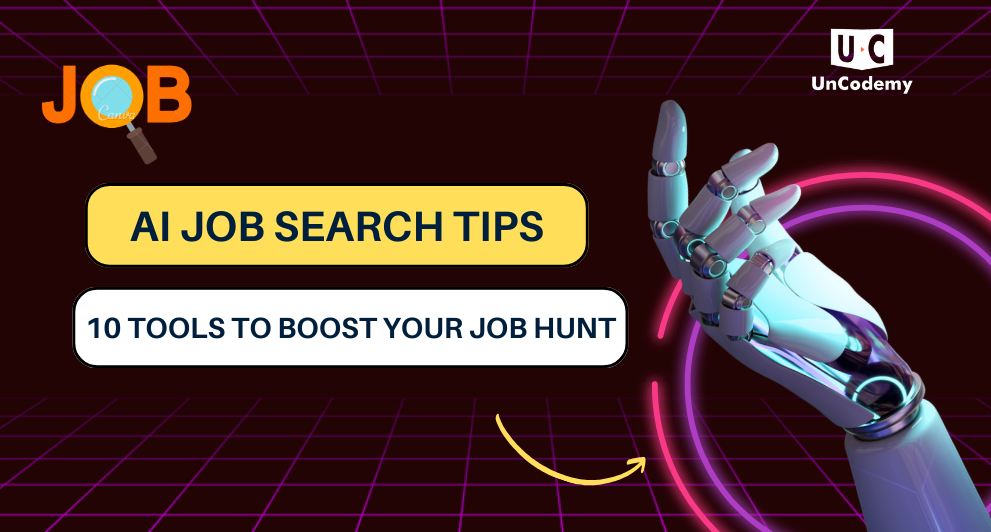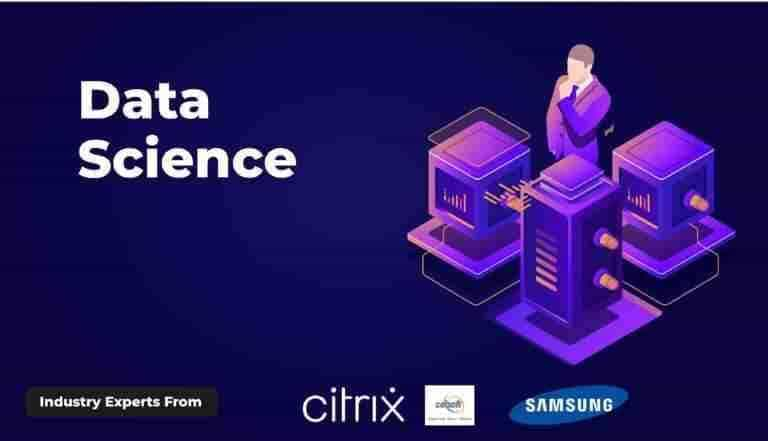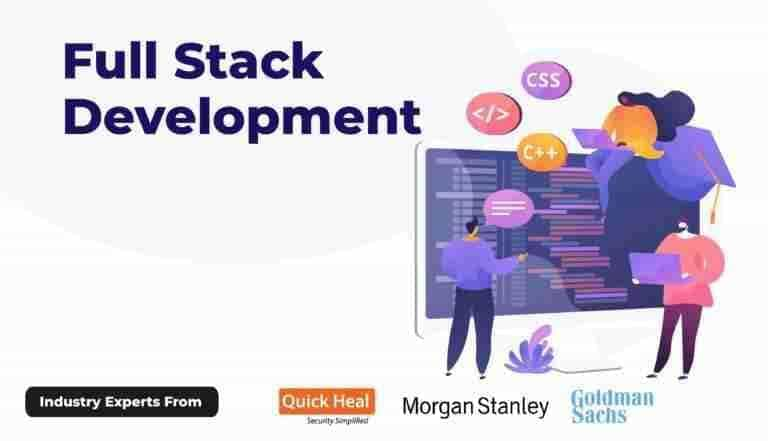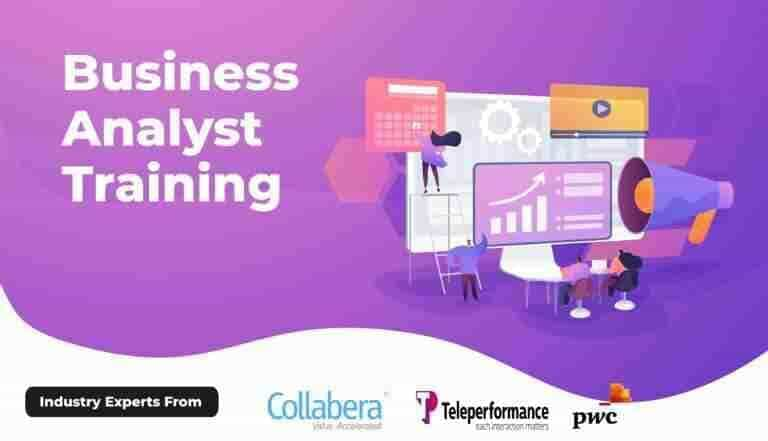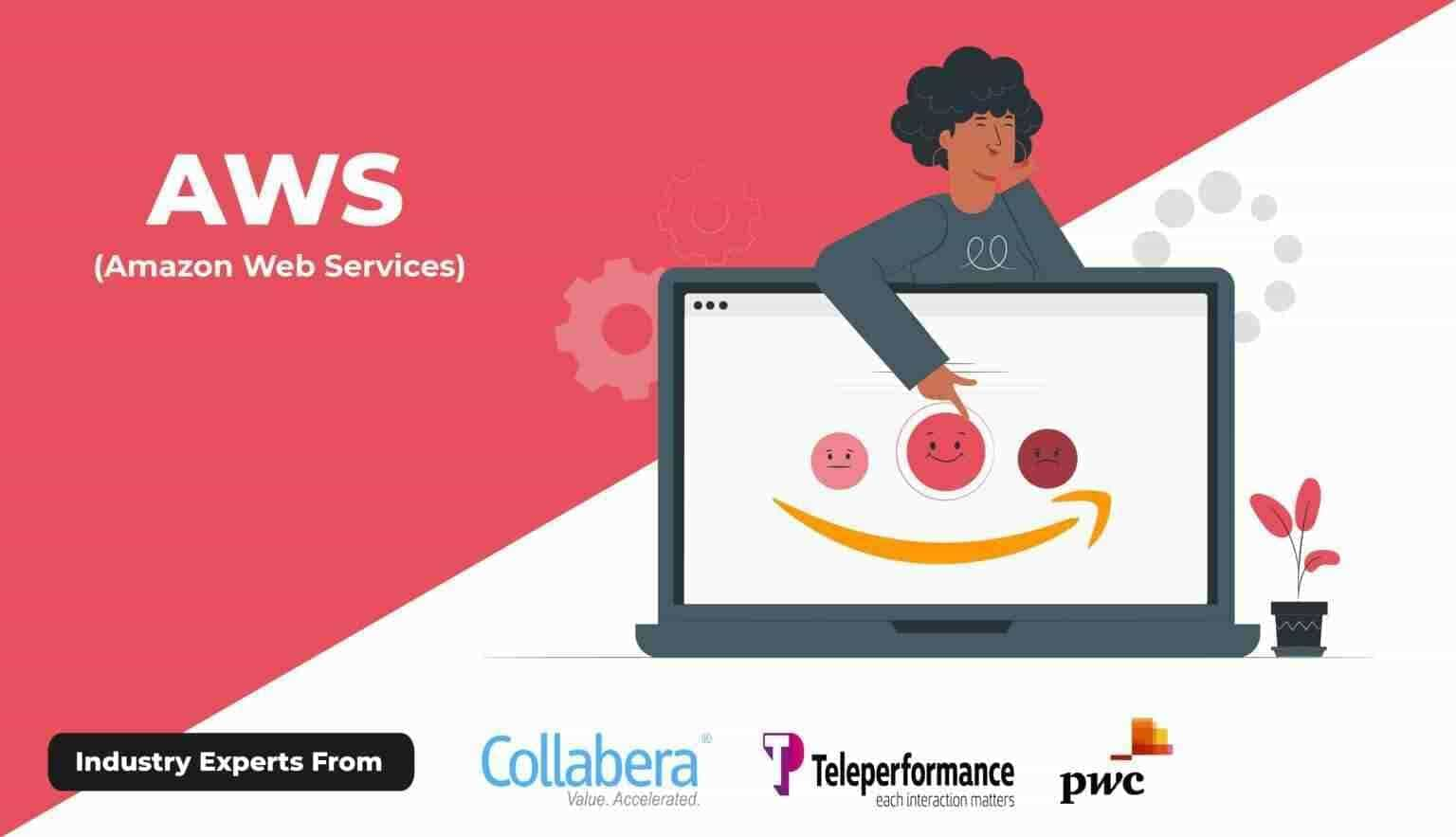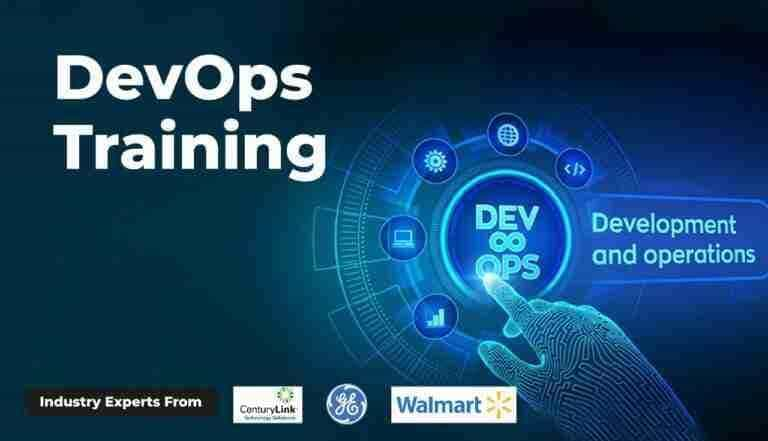Looking for a job can feel like a full-time job itself. But with the right AI tools, you can automate time-consuming tasks and focus on what matters most.
A recent ResumeBuilder survey found that 18% of job seekers used ChatGPT during their job hunt. Those who did were more likely to get interviews and negotiate better salaries. More impressively, 55% of these candidates reported that employers appreciated their smart use of AI.
While AI can be a huge help, using it incorrectly can hurt your chances. That’s why I’ve explored some of the best AI tools and strategies to make your job search easier and more effective. Here are ten tools I plan to use next time I’m job hunting—I hope they’re just as useful for you!
Artificial Intelligence (AI) refers to machines that can perform tasks requiring human-like intelligence, such as learning and problem-solving. It increases efficiency and accuracy but can lead to job loss and security concerns. Despite challenges, AI offers great potential for innovation. For more detailed insights, check out this article: AI: Future, Advantages, and Disadvantages Explained.
There are countless AI tools designed to make your job search easier. While I haven’t tested every single one, the ones listed here are well-rated and worked well in my experience. If a tool doesn’t quite suit your needs, don’t give up—keep exploring until you find one that does the job.
- AI Resume Builders (Draft and Format Your Resume Effortlessly):
Writing a resume can feel overwhelming, especially when you’re trying to sum up a whole job in just a few impactful bullet points. Many of us spend hours writing, deleting, and rewording, only to feel stuck.
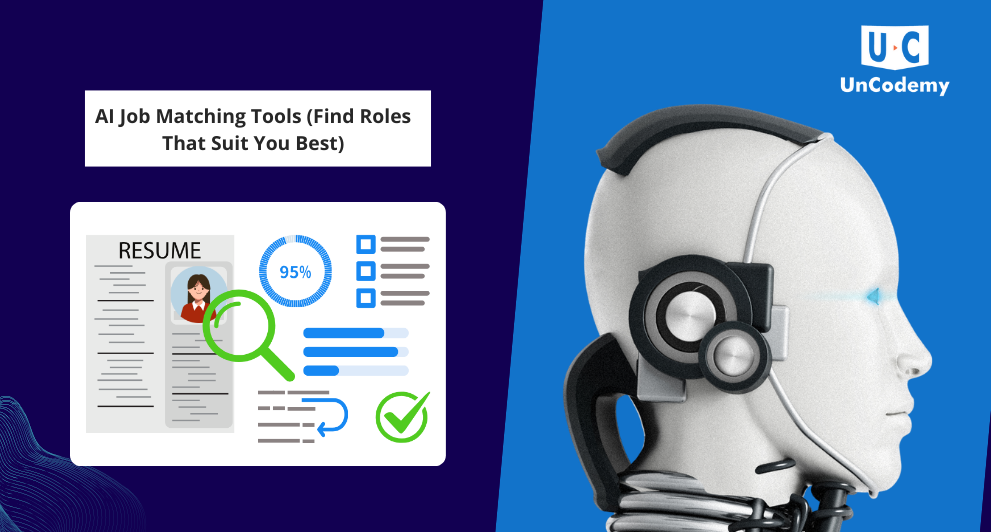
AI resume builders like Kickresume, Teal, and Resume Worded simplify the process. All you need to do is enter your job title, and these tools use AI (Kickresume even uses GPT-4) to generate relevant bullet points. You can create as many as you need and pick the ones that best match your experience. They also help with sections like your summary, education, and skills, so nothing gets overlooked.
Once the writing is done, these tools let you customize your resume with design templates, colors, and fonts to match your style and personal brand.
- AI Job Matching Tools (Find Roles That Suit You Best):
Searching through endless job listings, checking requirements, salary ranges, and company culture can be exhausting. Instead of spending all your time on this, let AI job matching tools do the heavy lifting.
These platforms, like Talentprise, ResumeNerd, Autojob, Sonara, and Arytic, use AI to match you with jobs that align with your skills, experience, and preferences.
Take Talentprise, for example:
- You answer questions about your ideal job, such as location, remote or in-office preferences, willingness to relocate, and availability.
- You fill out a profile with details like your work experience, education, and skills.
- You complete an assessment that evaluates your personality, work traits, values, and motivation.
Based on this information, Talentprise’s AI matches you with job listings and highlights your profile to recruiters looking for someone with your expertise. Once your profile is complete, applying to jobs becomes almost effortless—it’s more like letting the right opportunities come to you.
- AI Resume Optimization Tools (Tailor Your Resume for Specific Jobs):
The job application process has changed a lot in recent years. Today, many recruiters use automated systems called Applicant Tracking Systems (ATS) to scan resumes for the right keywords. If your resume doesn’t include these keywords, it might be rejected by the ATS before a human even sees it—no matter how well your skills match the job.
AI resume optimization tools like Jobscan, Teal, Enhancv, Kickresume, Resume Worded, and SkillSyncer help ensure your resume gets past the ATS and into the “interview shortlist.”
These tools compare your resume, cover letter, and even LinkedIn profile against the keywords in the job listing. They then score how well your resume matches the role and offer tips to improve it.
- AI Cover Letter Generators (Quickly Draft Your Cover Letter):
Writing a custom cover letter for every job can be time-consuming, but it’s important to stand out. AI-powered cover letter generators like Kickresume and CoverDoc.ai can make this process much faster and easier.
For example, CoverDoc.ai asks for basic details about the job, your writing style, and your LinkedIn profile. From there, it creates a personalized cover letter draft tailored to the role you’re applying for.
Once the draft is ready, you can tweak it to match your style and highlight your most relevant skills. While these tools provide a great starting point, it’s important to review and adjust the letter to make sure it truly reflects your experience and personality.
Using AI to get a solid draft can save you a lot of time and effort during the job application process, allowing you to focus more on the details that matter most.
- GPT Google Sheets Add-on (Personalize Networking Messages at Scale):
Networking is key to connecting with potential employers or industry contacts, but personalizing each message can be a huge challenge—especially if you’re reaching out to many people. That’s why cold outreach often feels impersonal and ineffective.
The GPT for Sheets add-on can help by generating personalized messages in bulk. All you need to do is create a list in Google Sheets with basic details like each person’s name, job title, and company. The tool will then generate a unique message for each person based on this information.
This allows you to reach out to many people while still maintaining a personal touch. You can also use it to personalize messages based on their LinkedIn profiles, tweets, or other public content, making your outreach even more relevant.
By using this tool, you can scale your networking efforts without sacrificing the quality of your messages, saving you time and increasing the likelihood of a positive response.
- Zapier Workflows (Automatically Draft Emails for You):
Job hunting often means sending the same types of emails over and over—like follow-ups or thank-you notes to recruiters and hiring managers. This can be repetitive and time-consuming.
Zapier can make this process much easier by connecting your Gmail inbox with GPT to automatically draft personalized emails. For example, when you receive an email from a recruiter or hiring manager, you can label it as “job hunt.” Zapier then uses this information to prompt GPT to write a custom reply for you.
The result? Within minutes, you have a fully drafted email ready for review and sending—no more retyping the same messages.
You can also use Zapier to automate other tasks, like updating a Google Sheet with your job search progress or adding tasks to your project management app. This tool can help save you time and effort, making your job search process more efficient.
- AI-Powered Interview Coaching Tools (Practice and Get Feedback):
Interviews can be stressful, but AI-powered interview coaching tools can help you practice and build confidence in a low-pressure setting. Tools like Interview Warmup from Google, Interviews by AI, Interviewer.AI, Huru, and AIApply simulate real interviews and provide feedback based on your responses.
These tools can point out areas for improvement, such as body language, tone of voice, or how well you answer certain questions. By practicing with them, you’ll feel more prepared and less nervous for the actual interview. You’ll also know what to expect, which can help you stay calm and make a great first impression.
Some tools even offer real-time assistance during live interviews. For example, Final Round’s Interview Copilot can guide you through interviews as they happen, giving you tips and reminders on the spot.
With these AI tools, you can turn interview practice into an easy and effective process.
- AI-Powered Negotiation Tools (Get the Best Offer):
Negotiating your salary can be tough, especially if you’re unsure about what’s fair for your role and experience. AI tools like Payscale can help make this easier.
These tools use AI to analyze data from job listings and salary surveys to give you a good idea of what you should be earning, based on your job title, experience, education, and location. They can also suggest benefits and perks you might want to ask for, like flexible hours or remote work.
If you already have a job offer, you can enter the details to see how it compares to industry standards. This can help you determine if the offer is fair and what additional benefits you could negotiate for.
You can even use tools like ChatGPT to help evaluate the offer, figure out what to ask for, and run through mock negotiations.
By using these tools before you begin salary discussions, you’ll be better prepared, confident, and able to negotiate a stronger deal.
- Zapier Central (Build an AI Job Search Bot):
Job hunting can feel like a full-time job itself. You need to carefully read job descriptions, customize your resume, and write a personalized cover letter for every application.
Zapier Central is a new AI tool that can help simplify this process. It connects with thousands of apps, allowing you to create a dedicated AI job search bot. Once set up, this bot can read job descriptions and use your experience and achievements to automatically create tailored resumes and cover letters.
You can even train the bot to send these personalized documents to you—or directly to the hiring manager—saving you time and effort. With Zapier Central, you can streamline your job search and focus more on landing the right role.
- Your Brain (The Human Touch):
AI can really speed up and streamline your job search, but don’t forget—both you and the hiring manager are human. When you’re applying for jobs and preparing for interviews, your application materials should reflect who you really are and what you’re genuinely looking for in a role and company. They need to be authentic; hiring managers will quickly realize if you’re pretending to have skills you don’t actually possess.
While AI is great for efficiency, it’s important to take the time to make sure your materials still represent you as a person. After all, other job seekers will be using AI too, so if you don’t add that personal touch to your applications, it might be hard to stand out.
AI tools can be incredibly helpful in speeding up and streamlining the job search process, but they should complement, not replace, your personal touch. From creating tailored resumes and cover letters to assisting with salary negotiations and interview practice, AI can make job hunting more efficient, saving you time and energy. However, it’s important to remember that hiring managers are human, and they will connect more with authentic applications that truly reflect who you are.
By combining the power of AI with your unique qualities and experiences, you can create a compelling application that stands out. Just ensure that the AI-generated content still represents your true self—this balance is key to making a lasting impression and landing the job you want.
AI is transforming various industries, and pursuing a career in AI offers numerous opportunities for growth. From machine learning to data science, AI-related fields are in high demand. For personalized career guidance in AI, you can explore resources that help you identify the right skills, certifications, and career paths.
- How can AI resume builders help improve my job application?
AI resume builders, like Kickresume or Teal, can help you create a professional resume by generating relevant bullet points based on your job title and experience. They also provide design templates, making it easy to format your resume in a visually appealing way. These tools save you time and ensure your resume is clear, concise, and tailored to specific job roles.
- What are AI job matching tools, and how do they help find the right job for me?
AI job matching tools, such as Talentprise or ResumeNerd, help match you with job listings that are a good fit for your skills, experience, and preferences. By answering a series of questions about your job preferences and filling in your professional details, these tools use AI to suggest relevant job opportunities, streamlining your job search and saving you time.
- How do AI-powered resume optimization tools ensure my resume passes Applicant Tracking Systems (ATS)?
AI resume optimization tools like Jobscan and SkillSyncer analyze job descriptions and compare them to your resume. These tools suggest keyword improvements to increase your chances of passing ATS algorithms, which often screen resumes before a human recruiter sees them. By ensuring your resume includes relevant terms and skills, these tools increase the likelihood of your resume reaching the interview stage.
- What benefits can AI cover letter generators offer, and should I rely on them for each application?
AI cover letter generators, such as Kickresume or CoverDoc.ai, can quickly create a personalized cover letter draft by asking for basic details about the job and your skills. These tools save you time and ensure you have a solid starting point for your cover letter. However, it’s important to review and customize the letter to reflect your personality and unique qualifications before submitting it.
- Why is it important to humanize AI-generated job application materials, and how can I do that effectively?
While AI can streamline the job application process, it’s essential to ensure that your resume, cover letter, and other materials reflect your true self. Hiring managers are more likely to connect with authentic, personalized applications. To humanize AI-generated content, add specific details about your achievements, experiences, and aspirations that reflect your unique qualifications and personality, making sure the AI output accurately represents you.
